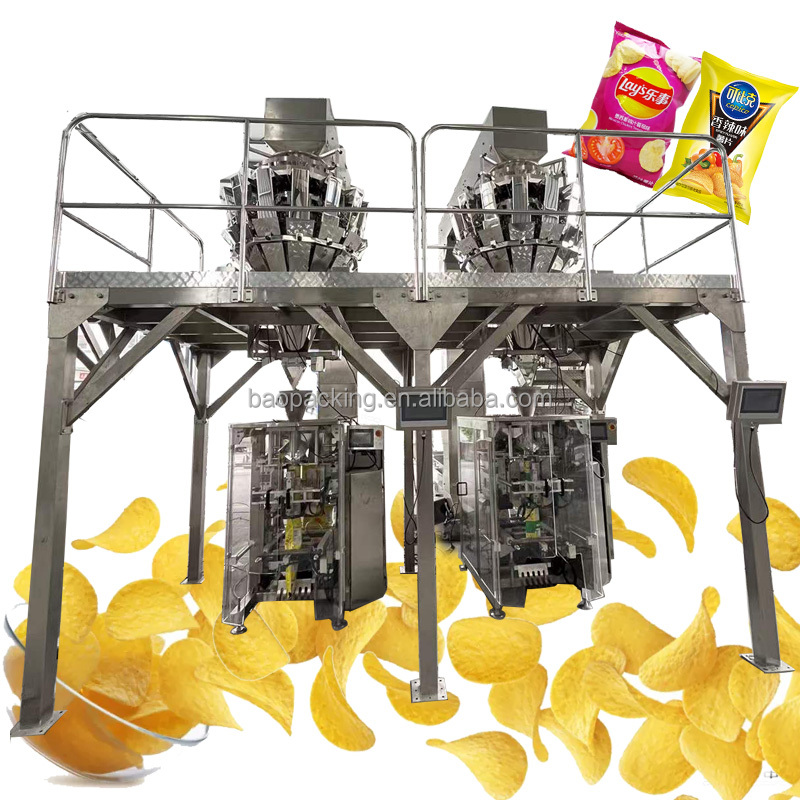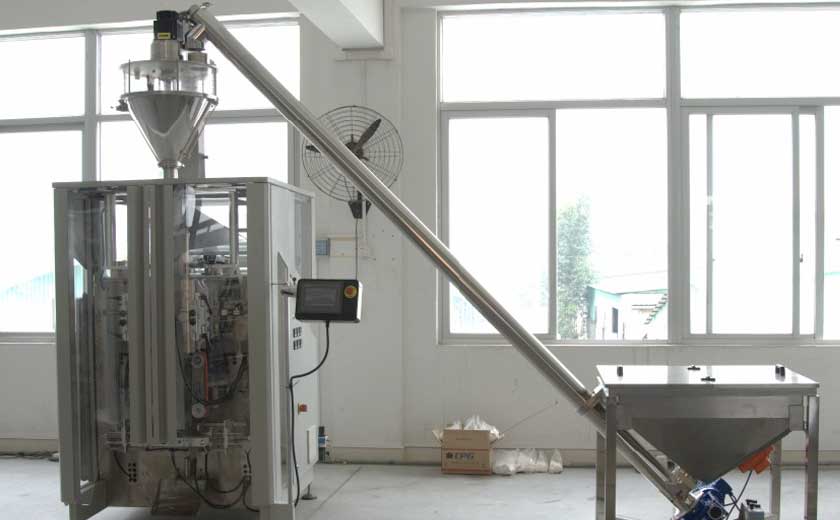What to Consider When Choosing a Linear Multihead Weigher
Linear multihead weighers are a type of weighing machine used in various industries, including food processing, pharmaceuticals, and cosmetics, to accurately and efficiently weigh and package products. Choosing the right linear multihead weigher is crucial for ensuring efficient and accurate packaging operations. Here are key factors to consider when selecting a linear multihead weigher for your specific needs:
Product Characteristics
The characteristics of the product being weighed play a significant role in selecting an appropriate linear multihead weigher. Factors to consider include:
– Product size and shape: The size and shape of the product determine the size and configuration of the weigher required.
– Product flowability: Good flowability ensures consistent and accurate weighing. Poorly flowing products may require specialized feeders or agitation systems.
– Target weight: The target weight of the product being weighed determines the capacity and accuracy requirements of the weigher.
– Product fragility: Delicate or fragile products may require specialized weighers with gentle handling capabilities.
Speed and Accuracy
The speed and accuracy of the linear multihead weigher are crucial for maintaining efficient packaging operations. Consider the following:
– Weighing speed: The number of weighments per minute determines the overall throughput rate. High-speed weighers are suitable for high-volume production lines.
– Accuracy: The accuracy of the weigher is measured in terms of standard deviation or tolerance. Accurate weighers ensure consistent product weight within specified limits.
– Stability: The stability of the weigher refers to its ability to maintain accurate weights over time, even with changing product conditions.
Features and Options
Additional features and options can enhance the efficiency and functionality of the linear multihead weigher:
– Number of weigh heads: Multihead weighers with more weigh heads provide higher speed and accuracy.
– Feeders: Different types of feeders, such as vibratory, belt, or auger, can be integrated to ensure consistent product flow.
– Discharge systems: Discharge systems, including chutes, conveyors, or bag fillers, are used to remove weighed products from the weigher.
– Control systems: Advanced control systems provide user-friendly interfaces, data logging, and diagnostic capabilities.
Maintenance and Support
Maintenance and support are essential for the longevity and performance of the linear multihead weigher:
– Ease of maintenance: The ease of cleaning, calibration, and routine maintenance should be considered.
– Spare parts availability: The availability of spare parts and consumables ensures minimal downtime in the event of repairs or replacements.
– Technical support: Responsive technical support is crucial for resolving issues and ensuring optimal performance.
Budget and Cost
The budget and cost of the linear multihead weigher should align with the specific requirements and production capacity. Factors to consider include:
– Initial investment: The upfront cost of the weigher, including installation and setup.
– Operating costs: Ongoing costs such as maintenance, repairs, and energy consumption.
– Return on investment: The weigher should provide a return on investment through increased productivity and reduced waste.
Carefully considering these factors when choosing a linear multihead weigher will ensure that the selected equipment meets specific needs, optimizes packaging operations, and maximizes efficiency and profitability.
-

Overview of Packaging Machine Buying Guides
08-01-2024 -

How Does a Vertical Form Fill Seal Machine Work?
30-10-2023 -

Advancements in Auger Powder Filling Technology
27-10-2023 -

A Deep Dive into Automatic Packaging Machines
26-10-2023 -

The Revolutionary Fully Automatic Potato Chips Packaging Machine
20-09-2023 -

How to choose the right packaging machine?
23-08-2023 -

Reducing Waste And Maximizing Yield With Multihead Weigher Machines
15-03-2023 -

Nuts Packaging Machine for Dry Products Perservation
26-11-2022 -

Is Automated Biscuit Packaging Machine Better Than Manual Opeartion?
25-11-2022





